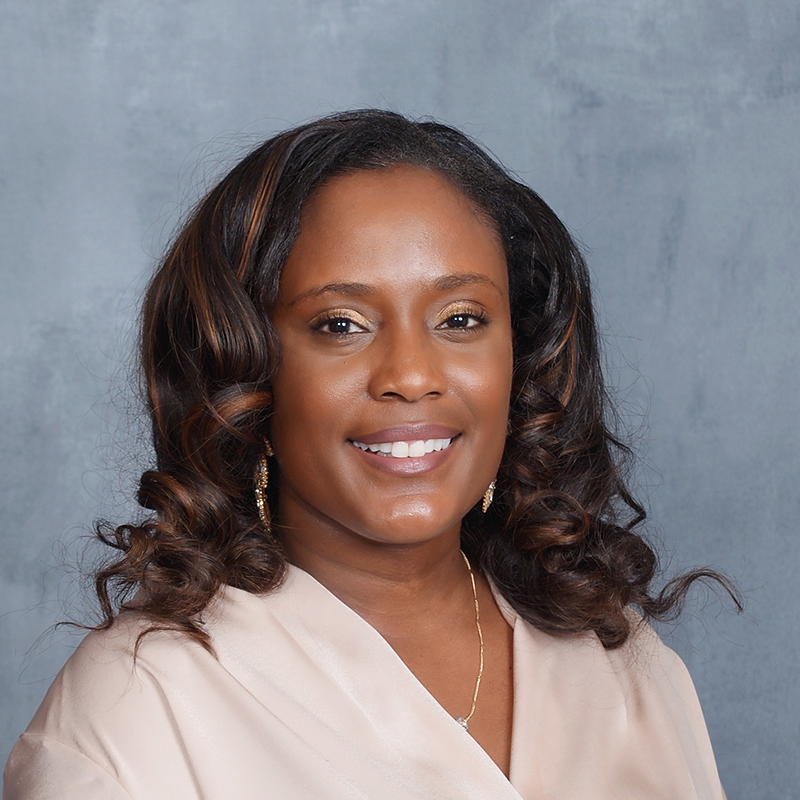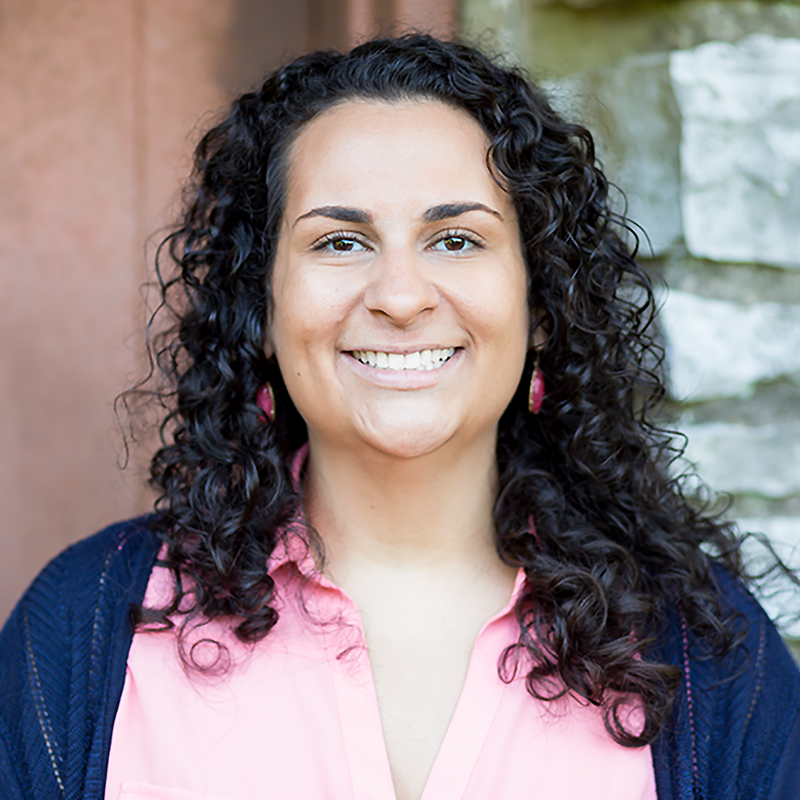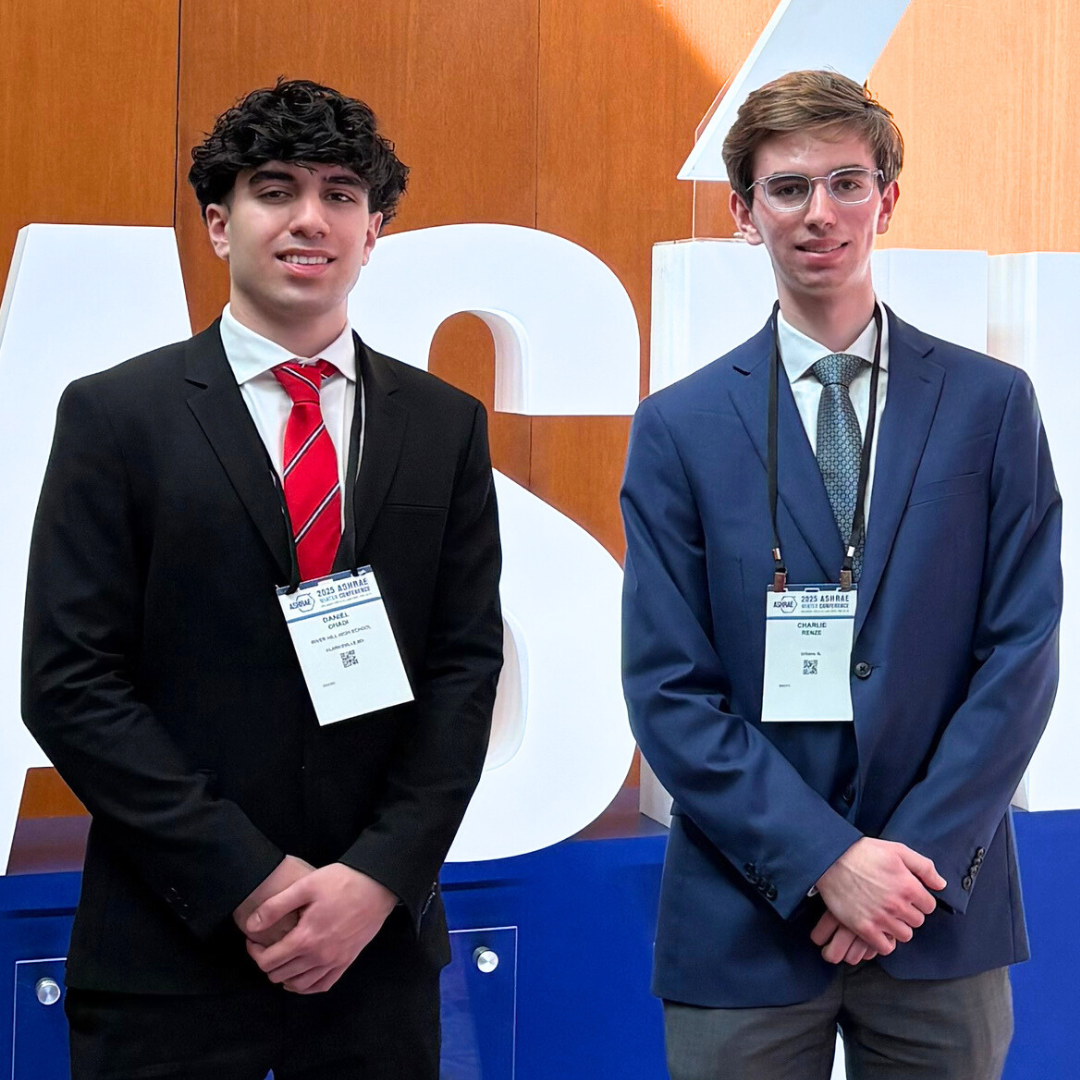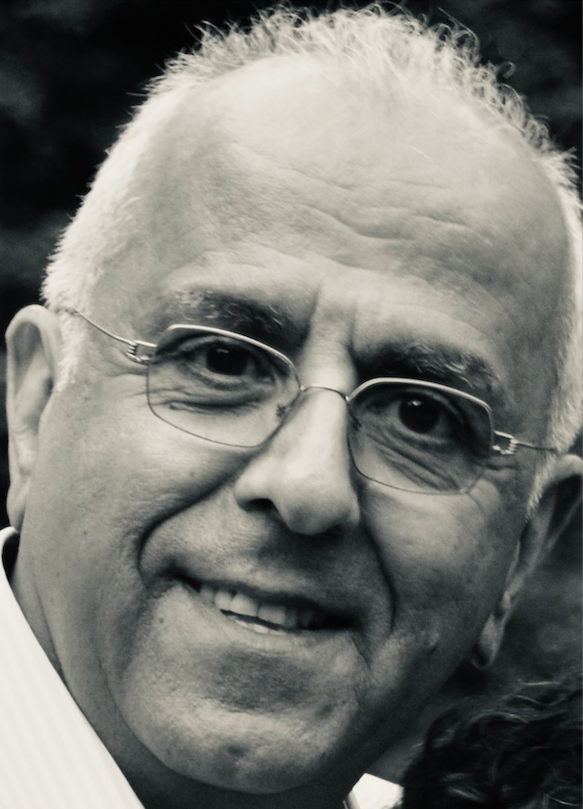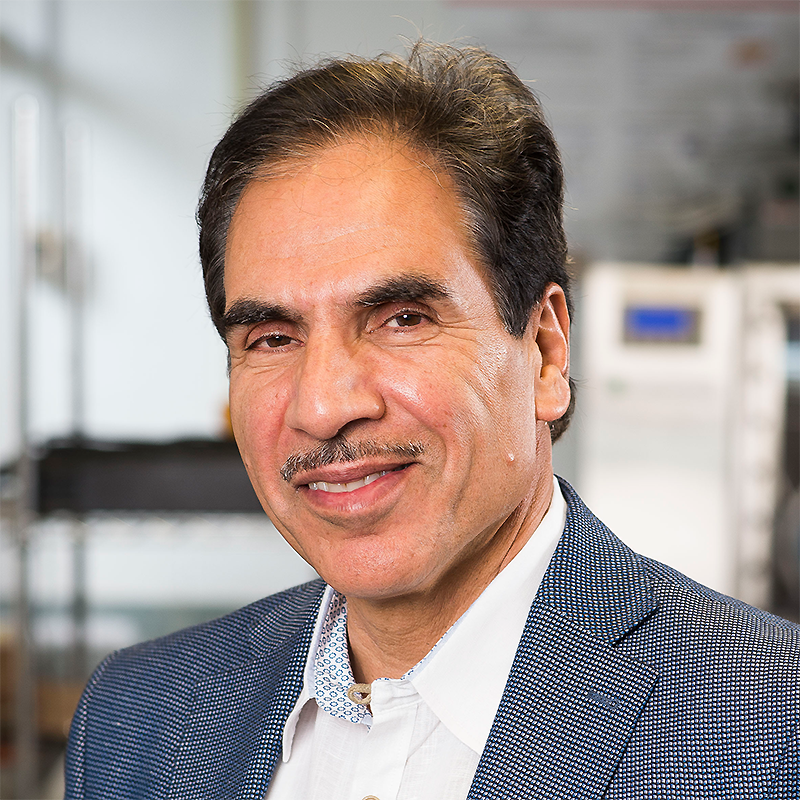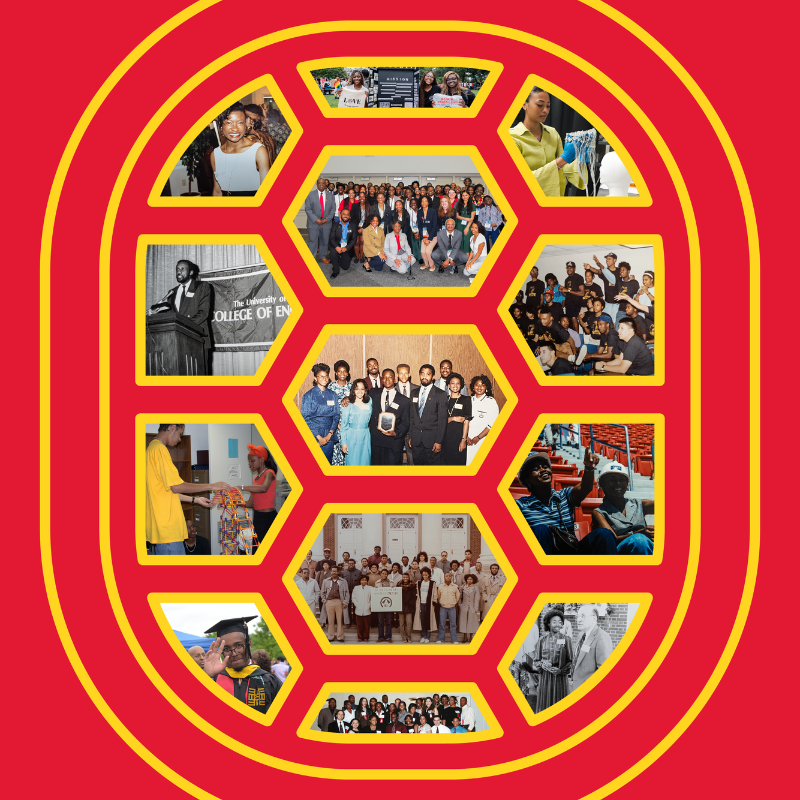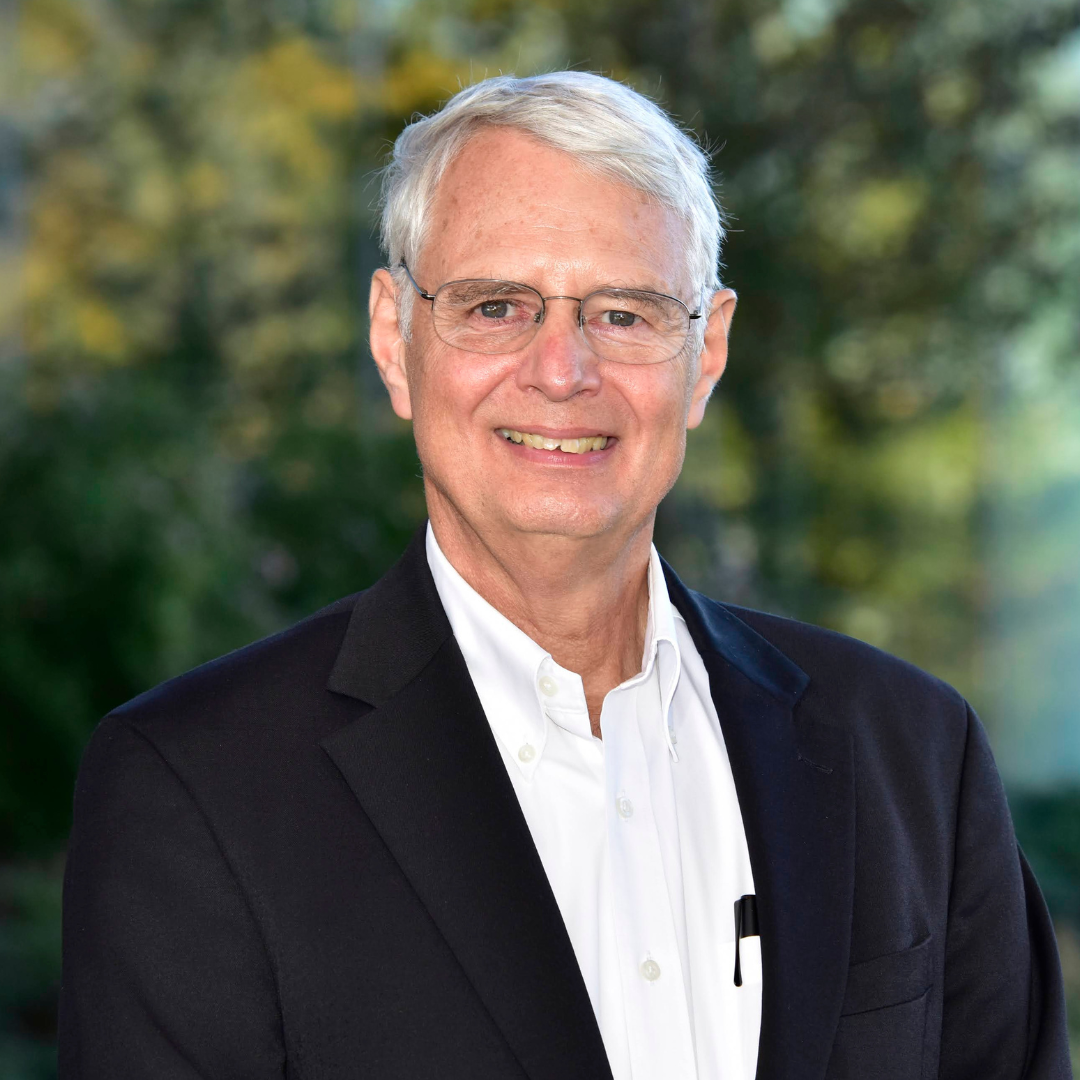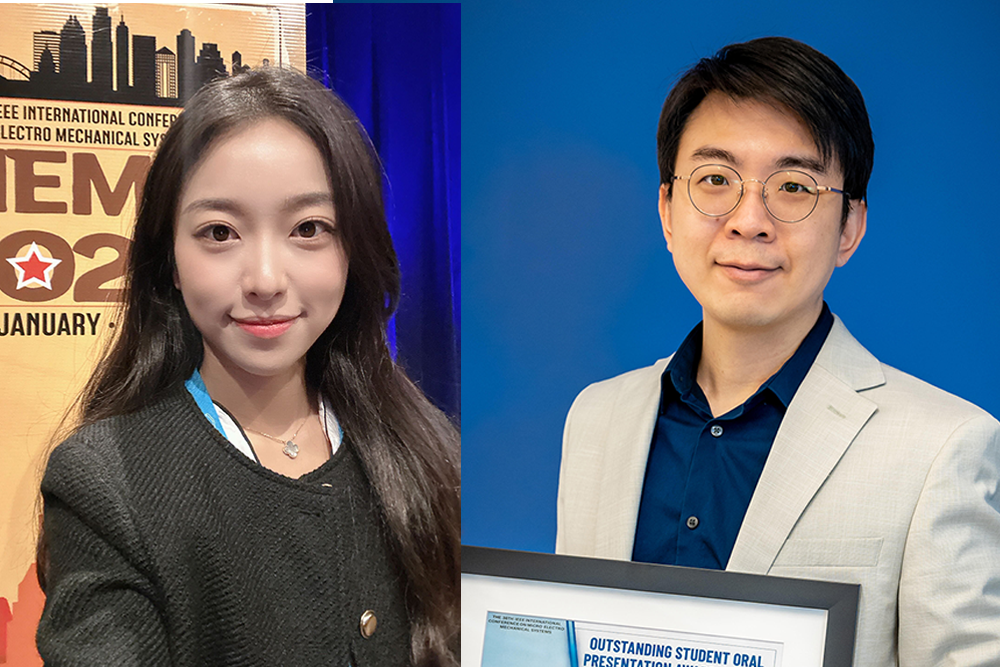News Story
Colton, Eckman, Felix Awarded NSF Graduate Fellowships
Two current Ph.D. students and one former student of UMD Mechanical Engineering Associate Professor Ryan Sochol have been selected for the National Science Foundation (NSF) Graduate Research Fellowship Program (GFRP)—one of the highest honors available to U.S. doctoral students. In combination with last year’s recipients, Kristen Edwards, Eleanor Grosvenor, and Olivia Young, a total of six students from Sochol’s Bioinspired Advanced Manufacturing (BAM) Lab have been awarded NSF Graduate Research Fellowships in the last two years, representing more than 20% of all recipients from the A. James Clark School of Engineering and 10% of all UMD-affiliated recipients over a two-year period.
The NSF GRFP is the country’s oldest fellowship program for graduate students in numerous Science, Technology, Engineering and Mathematics (STEM) fields and is designed to “ensure the vitality of the human resource base of science and engineering in the United States and reinforces its diversity,” according to the NSF program. The reputation of the GRFP follows recipients and often helps them become life-long leaders that contribute significantly to both scientific innovation and teaching, the NSF said. Past fellows include numerous Nobel Prize winners, former U.S. Secretary of Energy Steven Chu, Google founder Sergey Brin, and Freakonomics co-author Steven Levitt.
NSF Graduate Research Fellows receive a three-year annual stipend of $37,000 along with a $12,000 cost-of-education allowance for tuition and fees. The fellowships may only be used at eligible graduate-degree programs with a campus in the U.S., its territories, possessions, or the Commonwealth of Puerto Rico.
Winners of 2023 NSF Graduate Research Fellowship Awards:
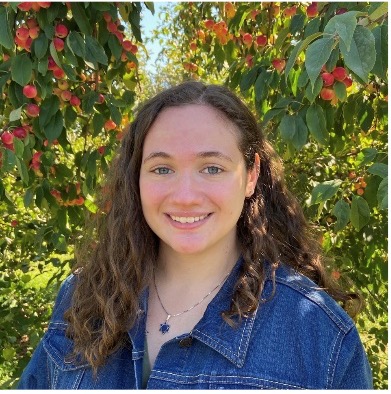 Adira Colton, a second-year Ph.D. student in mechanical engineering, previously earned her B.S. from Cornell University. At UMD, Colton has been awarded the distinguished Clark Doctoral Fellowship as well as the Maryland Robotics Center’s Microsoft Diversity in Robotics and AI Ph.D. Fellowship. Her research in Sochol’s group centers on leveraging 3D micro/nanoprinting to advance diverse biomedical applications. Colton recently co-authored work featured on the inside front cover of Advanced Materials Technologies, and has received several accolades for her research, including being selected as a finalist for the “Best Poster Award” and co-authoring work selected as runner up for the “Springer Nature Best Paper Award” at the 2022 Hilton Head Workshop.
Adira Colton, a second-year Ph.D. student in mechanical engineering, previously earned her B.S. from Cornell University. At UMD, Colton has been awarded the distinguished Clark Doctoral Fellowship as well as the Maryland Robotics Center’s Microsoft Diversity in Robotics and AI Ph.D. Fellowship. Her research in Sochol’s group centers on leveraging 3D micro/nanoprinting to advance diverse biomedical applications. Colton recently co-authored work featured on the inside front cover of Advanced Materials Technologies, and has received several accolades for her research, including being selected as a finalist for the “Best Poster Award” and co-authoring work selected as runner up for the “Springer Nature Best Paper Award” at the 2022 Hilton Head Workshop.
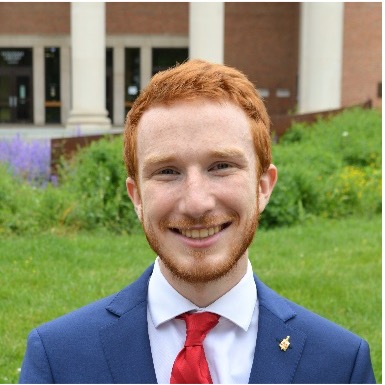 Noah Eckman, who earned his B.S. in chemical engineering at UMD in 2020, is now a Ph.D. candidate at Stanford University. While at UMD, Eckman’s research in Sochol’s BAM Lab focused on 3D nanoprinting microelectronics. He was also a leader outside the lab, serving as UMD Student Government Association’s Speaker of the Legislature and Chief of Staff. At Stanford, Noah currently works in the lab of Prof. Eric Appel, developing injectable hydrogel materials for adoptive cell therapy of cancer.
Noah Eckman, who earned his B.S. in chemical engineering at UMD in 2020, is now a Ph.D. candidate at Stanford University. While at UMD, Eckman’s research in Sochol’s BAM Lab focused on 3D nanoprinting microelectronics. He was also a leader outside the lab, serving as UMD Student Government Association’s Speaker of the Legislature and Chief of Staff. At Stanford, Noah currently works in the lab of Prof. Eric Appel, developing injectable hydrogel materials for adoptive cell therapy of cancer.
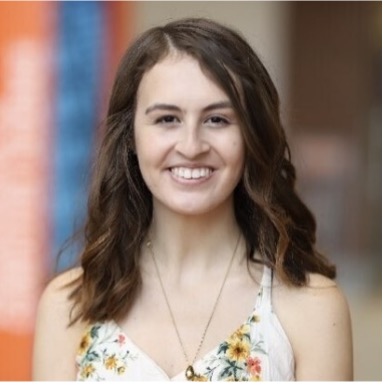 Bailey Felix, a second-year Ph.D. student in bioengineering, previously earned her B.S. from Syracuse University in 2021. While at Syracuse, she was a three-time recipient of the Syracuse Office of Undergraduate Research (SOURCE) Grant and was awarded the “Chancellor’s Citation for Excellence in Undergraduate Research”. Bailey has presented her research as TEDx talk and published her work in the Journal of 3D Printing and Additive Manufacturing. Upon admission to UMD, Bailey was also awarded the distinguished Clark Doctoral Fellowship. At UMD, Bailey has successfully launched a graduate peer mentorship program in the Fischell Department of Bioengineering. At present, she works in Sochol’s group pioneering novel 3D printing strategies for creating surgical tools in collaboration with medical researchers and surgeons at the School of Medicine, Johns Hopkins University, and Johns Hopkins Medical Institute.
Bailey Felix, a second-year Ph.D. student in bioengineering, previously earned her B.S. from Syracuse University in 2021. While at Syracuse, she was a three-time recipient of the Syracuse Office of Undergraduate Research (SOURCE) Grant and was awarded the “Chancellor’s Citation for Excellence in Undergraduate Research”. Bailey has presented her research as TEDx talk and published her work in the Journal of 3D Printing and Additive Manufacturing. Upon admission to UMD, Bailey was also awarded the distinguished Clark Doctoral Fellowship. At UMD, Bailey has successfully launched a graduate peer mentorship program in the Fischell Department of Bioengineering. At present, she works in Sochol’s group pioneering novel 3D printing strategies for creating surgical tools in collaboration with medical researchers and surgeons at the School of Medicine, Johns Hopkins University, and Johns Hopkins Medical Institute.
“I am so incredibly proud of Adira, Noah, and Bailey for their well-deserved selections as NSF Graduate Research Fellows, which represents one of the most significant academic achievements for U.S. Ph.D. students,” Sochol said. “To see their hard work and immense potential recognized at the national level is an exceptional feeling, and I believe it will empower them to pursue new and exciting research avenues that will drive innovation across a wide range of biomedical fields."
Published April 10, 2023
